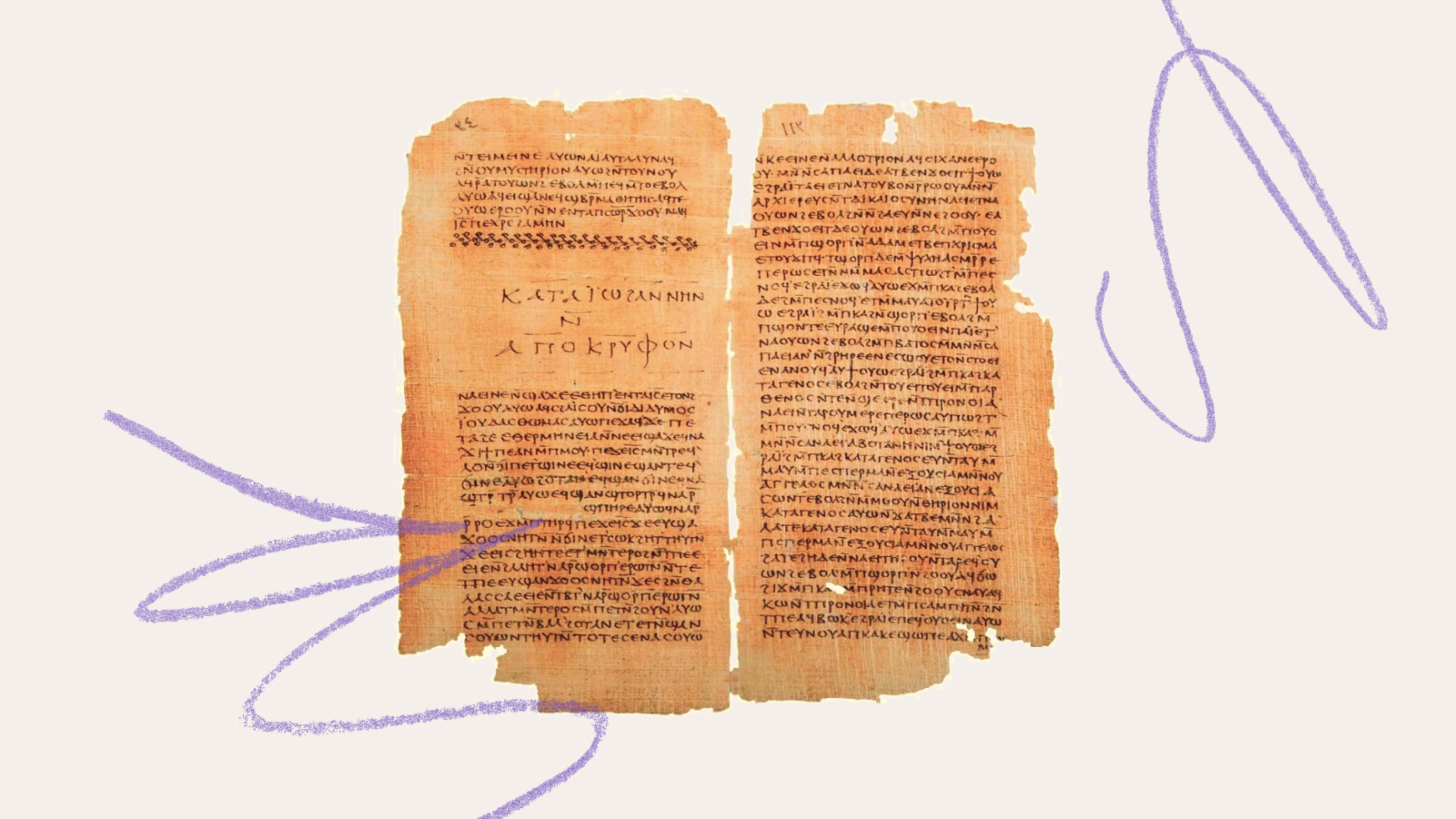“Cosmic realism”: The secret ingredient to great books

- In this week’s Mini Philosophy interview, I spoke with the Booker Prize-winning author Paul Lynch about his idea of “cosmic realism.”
- Cosmic realism uses metaphors and small-scale stories to express universal themes, and it’s seen in authors like Dostoevsky and Conrad.
- Lynch’s Prophet Song exemplifies this, showing how the most mundane details reflect epic struggles and timeless human truths.
Humans can be mean, and the world is full of tragedy.
These things are almost certainly true, but they’re also fairly vacuous. They’re blunt and demonstrative. Saying something like “humans can fall in love” is not going to win any poetry prizes. The Booker Prize is not awarded to grand, sweeping statements about philosophically banal points.
The American novelist and screenwriter Richard Price once wrote that “the bigger the issue, the smaller you write. Remember that. You don’t write about the horrors of war. No. You write about a kid’s burnt socks lying on the road. You pick the smallest manageable part of the big thing, and you work off the resonance.”
The best writing is the kind where huge insights are found nestled in tiny, everyday moments. They have you zoom in on the tiniest of flowers and the smallest of eye movements, and there, in the minuscule, is the entire Universe. For this week’s Mini Philosophy, I spoke with the Booker Prize-winning author Paul Lynch about this idea — an idea that Lynch calls “cosmic realism.”
Cosmic realism
Lynch uses the term “cosmic realism” to describe those remarkable authors who have a knack for expressing something universally true from inside the dramas of a single life, city, or era. “It’s not social realism,” he says. “It’s something deeper than that. It’s always metaphorical. The situation that’s been described stands for something greater than what it actually is. The entire novel is a demonstration of something greater. A metaphor.”
Over our conversation, Lynch lists a series of authors who he considers to be masters of “cosmic realism”: Herman Melville, Fyodor Dostoevsky, William Faulkner, Joseph Conrad, and Cormac McCarthy. Classic authors who wrote classic books and who are united in their ability to make small things seem incomprehensibly large. These authors write with “scalability,” reaching for “images of the full meaning of life.” During our interview, Lynch recalls a scene in Conrad’s Typhoon:
“There’s a great moment where the ship is in a storm, and in the pitch black of the hold, Chinese workers are killing each other for their silver dollars. On this abyssal ocean, within emptiness, they’re scrambling over money. There’s an image for the human condition: an extraordinary matryoshka doll of complexity.”
There is no poetry, brilliance, or resonance in saying, “People will do horrible things for money.” Instead, cosmic realism is about seeing how the infinite threads itself into the intimate. It’s metaphysical without being mystical, tragic without being abstract. It insists that what happens in a kitchen or hospital corridor might contain the same gravity as what happens on a battlefield. It’s a realism scaled to the cosmos.
The Universe within you
Elif Shafak, another gifted cosmic realist, once wrote that “the whole universe is contained within a single human being—you. Everything that you see around, including the things you might not be fond of and even the people you despise or abhor, is present within you in varying degrees.”
In the tears and laughter of your life, you find the grief and joy of humanity. A mother breastfeeding her newborn joins a line of billions stretched back evolutionary eons. A young man picking up a weapon in anger is not merely an angry young man; he’s the God of War.
Lynch’s Prophet Song is, of course, a perfect example of cosmic realism. The book focuses on a mother of three, Eilish, who is so busy getting her kids fed and dressed that she has no time to focus on the cataclysm outside her door. The world is burning, and she’s too busy looking after her fading dad and making a shopping list to notice it. In Eilish, we see both the tragedy and the farce of the human condition. With all the Four Horsemen of the Apocalypse galloping into town, most people are just busy getting by.
Philosophy is, perhaps by its nature, abstract. It distills ideas so philosophers can scrutinize and criticize them. Great literature, though, breathes life into those ideas. It gives flesh to idealism, nihilism, pessimism, faith, truth, justice, cruelty, and hope. As you stop reading this and go about your life, you are an avatar of some universal truth. You are a metaphor. You are everything in someone.





